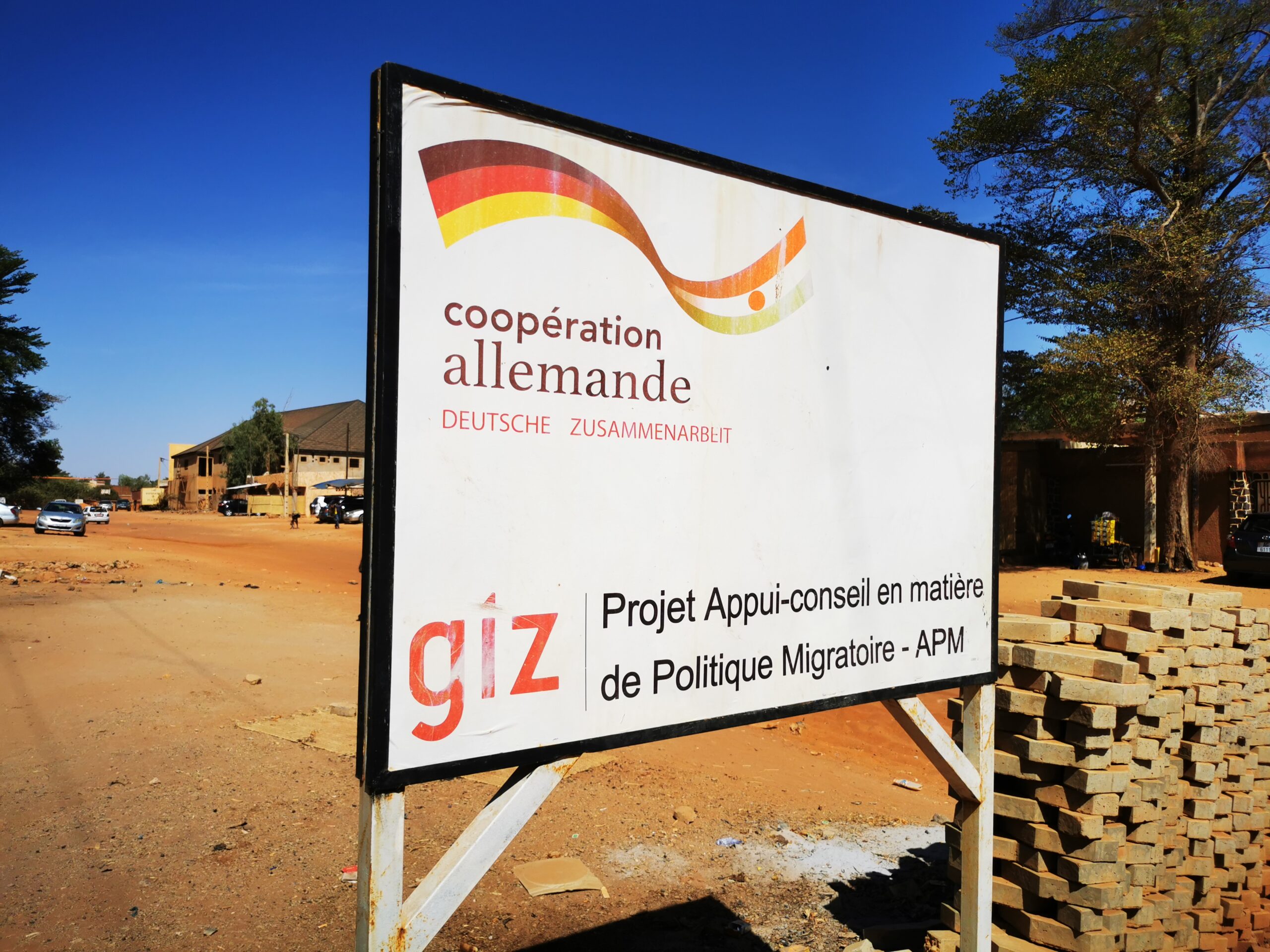I’m thrilled to share the release of an important report, a collaborative effort by Heinrich-Böll-Stiftung European Union & Statewatch, to which I have significantly contributed, especially regarding the situation in Niger. This report offers a critical analysis of the European Union’s externalization policy, which involves delegating border control responsibilities to non-EU nations. This strategy aims to prevent migrants and refugees from reaching EU territories.
The purpose of this report is to spark public and political discussions about the transparency, accountability, and legitimacy of the EU’s externalization agenda. It underscores the urgent need for migration and asylum policies that are both humane and compliant with legal standards. Drawing from access to document requests and freedom of information inquiries, the report uncovers the EU’s broad and often undisclosed efforts to control migration beyond its borders.
This detailed investigation covers the EU’s diplomatic interactions, operational partnerships, and enforcement strategies, such as supporting foreign border and police forces. It particularly focuses on the EU’s engagement with countries like Bosnia and Herzegovina, Morocco, and Niger. The report reveals the complexities of these operational partnerships and the tangible impact of these policies.
Significant discoveries include the formation of a Joint Investigation Team in Niger, the implementation of regional return mechanisms in the Balkans, and the EU’s influence operations in Morocco. These initiatives, combined with the expanded roles of Europol and Frontex, illustrate the EU’s strategic approach to managing migration.
However, the report also highlights the difficulties in obtaining information, noting numerous denied requests by institutions for reasons like safeguarding international relations or public security. This opacity and lack of accountability pose questions about democratic oversight and the potential risks to individual rights.
In summary, the report advocates for more research and methods to ensure that authorities are held responsible. It emphasizes the importance of safeguarding fundamental rights, both within the EU and in the targeted non-EU states. This comprehensive study provides essential insights into the secretive tactics of the EU’s migration and border control strategies and their extensive consequences.


